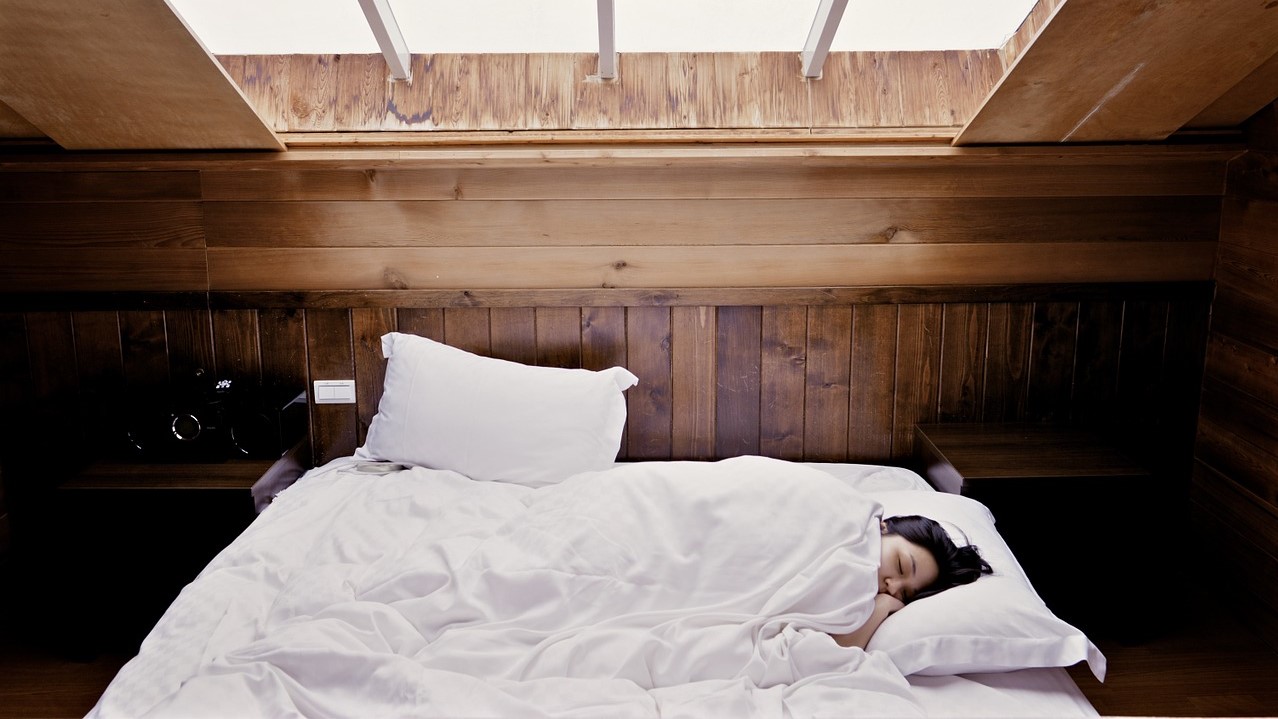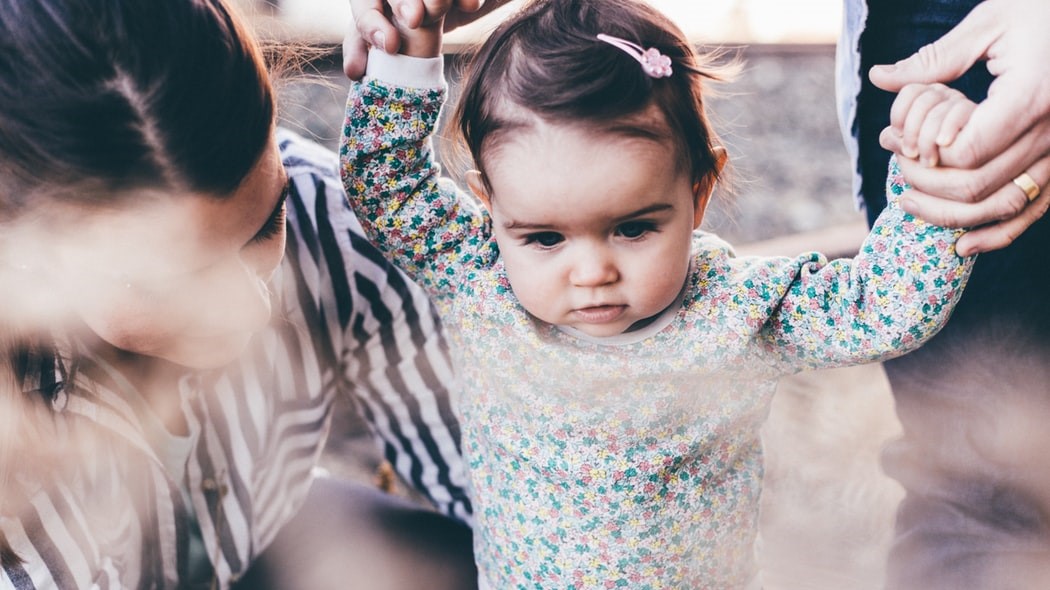Newsletter
Nothing beats the feeling of waking up in the morning, refreshed and at your best.
While we are learning more about it every day, sleep is still mysterious to scientists. What we do know indicates that sleep is essential for living a healthy life. Sleep deprivation, whether through insomnia or poor sleep quality, can take a massive toll on your body. If you don't get the sleep you need, you may get sick more often and experience worse symptoms.
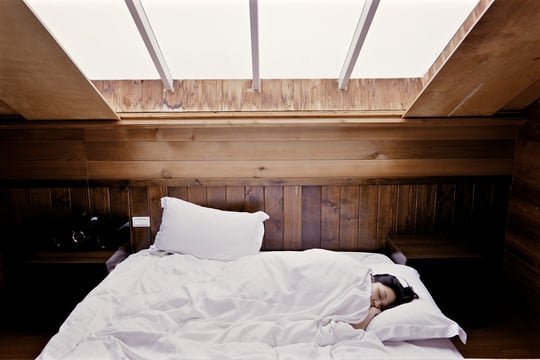
You may be thinking: since sleep is so important, what are some ways that I can improve my sleep? We created a list of ten factors that can impact your sleep and ways to improve on them.
1. Reduce Light Exposure
The human body is used to spending the night hours in darkness; lighting, televisions, and cell phones are all recent inventions. Also called the circadian rhythm, your internal clock uses light to keep track of when it is time to get up for the day and when to hit the sack. When you expose your eyes to artificial light sources during the night hours, you may be throwing off your internal clock. When this happens, you may experience bouts of insomnia or sleep less deeply.
To help prevent this from happening, avoid light exposure before you go to bed. Pay careful attention to blue light, as it has the most negative effect on your sleep schedule. Avoid bright screens, turn on night-mode on your phone and tablet, and use red instead of blue for your night lights.
2. Cut Down Nighttime Drinking
While having a nightcap may make you fall asleep faster, that's not the whole story. A recent study found that while people who drink before bed fall asleep faster, the sleep they do get is not as deep as those who didn't drink. Specifically, drinking alcohol reduces the amount of REM (rapid eye movement) sleep you get during the night. REM sleep is the stage when you dream; researchers believe it helps memory, learning, and mood.

Refrain from alcohol during the time before you head to bed; you may improve your sleep quality and wake up more refreshed.
3. Ventilate Excess Carbon Dioxide (CO2)
What we know about the effects of carbon dioxide on sleep is changing; similar to light exposure, carbon dioxide is more of a recent health concern.
People didn't use to think much of carbon dioxide. In the past, homes were not well insulated and had plenty of natural ventilation. To save energy, building construction today is focused on being tightly sealed, preventing the free exchange of gases our bodies are used to. In closed rooms, CO2 levels can rapidly increase. This CO2 can make the air feel stuffy and make it difficult to sleep. It can also reduce the quality of your sleep and impact your cognitive functioning the following morning.
To prevent the effects of CO2 during sleeping, ensure that the room is ventilated, open a window, or keep the door open when you sleep.
4. Exercise During the Day
There are two ways exercise can affect your sleeping: Not exercising enough during the day, and exercising too close to your bedtime
Exercise will burn energy and make it easier to fall asleep. Physical activity is also a great way to destress, which will improve your sleep time. If you don't exercise regularly during the day, it will be difficult for you to fall asleep at night.

Though not everyone agrees, exercising too close to your bedtime may make it difficult to sleep. Exercise raises your body temperature and heart rate, both of which take hours to return to normal. Trying to go to sleep when these are elevated won't work; you may want to sleep, but your body wants another round of squats. Most sleep experts recommend exercising at least three hours before your bedtime, but depending on your body, this time could be shorter or longer.
5. Try Techniques for Reducing Stress
While some kinds of stress can be good for you, others can disrupt your sleep and leave you staring at the ceiling into the morning hours.
If you think stress is harming your sleep, try some de-stressing techniques like listening to music, light physical activity, taking a break, or meditating. People have their own ways to deal with stress, so find what method works for you so you can get the sleep you need. If your stress continues, be sure to talk to your doctor about additional ways to manage stress.
6. Find Out if You Have a Sleep Disorder
Around 70 million people in the U.S. suffer from a sleep disorder, and many don’t know that they suffer from one. Some of the most common symptoms for a sleep disorder are issues getting to sleep, staying asleep, or getting enough good-quality sleep. Common sleep disorders include insomnia, sleep apnea, restless leg syndrome, and narcolepsy.
Your sleeping troubles may be signs of disordered sleeping. If your sleep problems are severe or persist for a long time, talk to your doctor; sleep disorders can be severe and require medical help.
7. Seek Help for Mental Illness
There is a very close connection between mental illness and sleep troubles. While there isn't a strict cause-and-effect between the two, looking at the two side-by-side can help shed light on both.
People with mental illnesses are more likely to suffer from a sleep disorder. For example, someone with depression is a lot more likely to suffer from insomnia or sleep apnea than someone without. This combination can be tough to manage; without proper sleep, it is difficult to recover from depressive episodes, and without a good mental state, it is difficult to get to sleep at night.
There are even studies that indicate that sleep issues may put you at a higher risk of developing a mental illness. If you think you are suffering from a mental illness, talk to your doctor about ways to manage your condition and possible remedies to alleviate your symptoms.
8. Maintain Healthy Eating Habits
What you eat and when you eat can influence your sleep. Foods that are high in sugar may give you an energy spike just as your head hits the pillow. Spicy foods or acidic foods may irritate your throat and stomach, making it difficult to fall asleep.
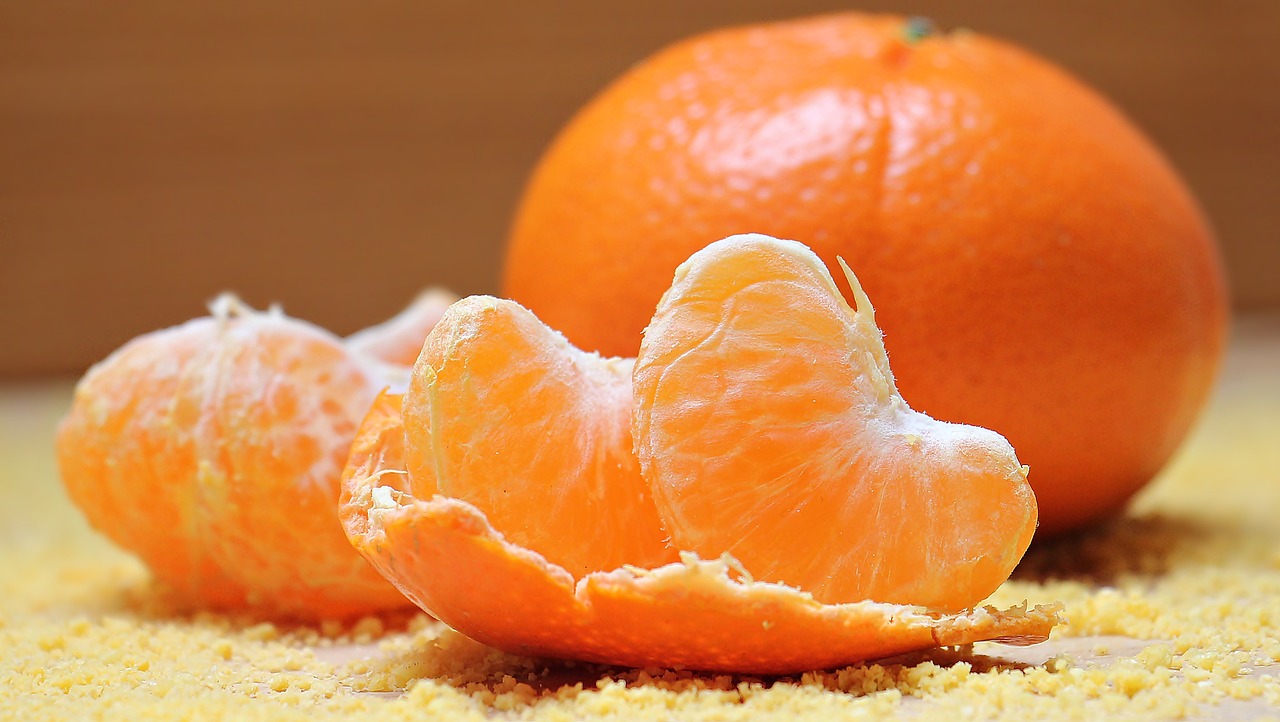
On the other hand, foods that are high in tryptophan, like bananas and turkey, will promote sleep hormones in your brain and make you fall asleep quicker. Foods with complex carbs are easy to digest, so you will be able to sleep easier.
Overeating close to bedtime will also impact your sleep since your body will have to work to digest it. If you're hungry late at night, have a small, carb-filled snack to avoid interrupting your sleep schedule.
9. Curb Your Caffeine Intake
Many people use caffeinated beverages to get themselves up in the morning. By itself, this will not harm your sleep schedule and may even help boost your health.
However, drinking caffeine too close to your bedtime can impact your sleep. Because caffeine is a stimulant, it raises your heart rate and makes you more alert. This can make it harder to fall asleep once you turn out the lights.
To avoid a restless night of sleep caused by caffeine, don’t drink coffee, tea, or other caffeinated drinks close to your bedtime.
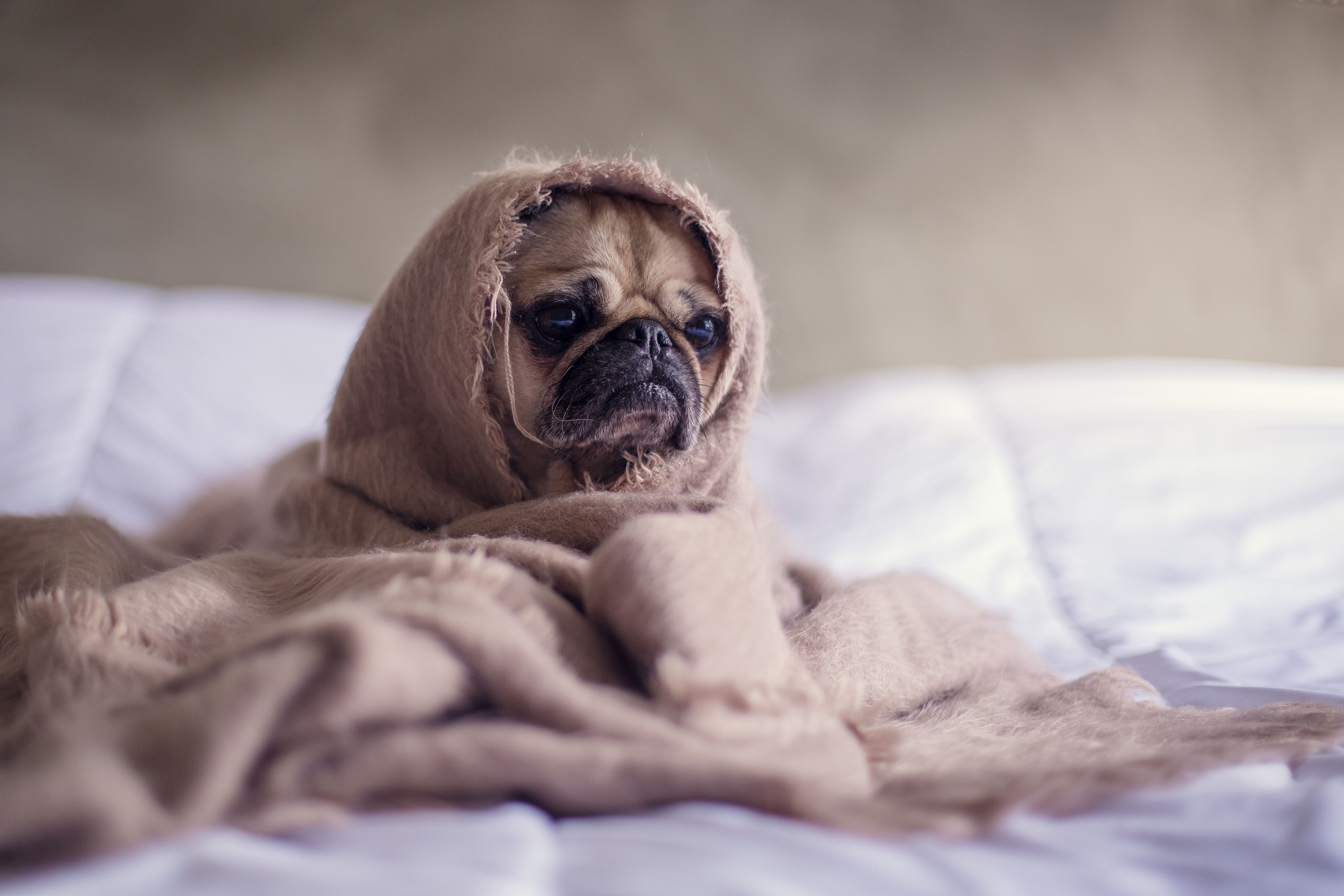
10. Create a Suitable Sleep Environment
The last entry on this list is rather miscellaneous. ‘Environment’ is an umbrella word for many factors that have to do with your surroundings or general conditions where you sleep.
Temperature and humidity can make it difficult to sleep. When it’s hot in your room, your body can’t cool down, and you may wake up in the middle of the night feeling overheated. Similarly, if your room is too dry or too humid, it may be uncomfortable both awake and asleep. Making changes to your thermostat and purchasing a humidifier or dehumidifier can alleviate these factors and get you more shut-eye.
Who or what you sleep near can also play a role. Having a lot of clutter in your room, especially on your bed, can stress you out and decrease the quality of your sleep. Sleeping next to your partner or pet can also disrupt your sleep; if they move or snore in their sleep, it can impact how you sleep. Making sure your room is clutter-free and removing pets from your bed may improve your sleep.
Getting enough sleep, but still feel tired during the day? Read more about how carbon dioxide can impact your wellness below!






.png?width=200&height=148&name=Menu%20C%20(2).png)

.png?width=307&height=228&name=Menu%20-%20D%20(1).png)
.png)

